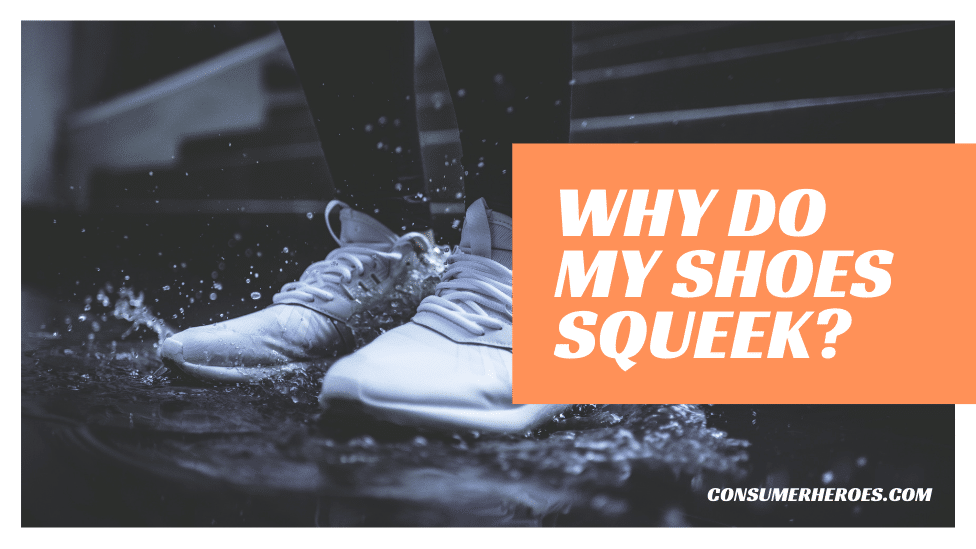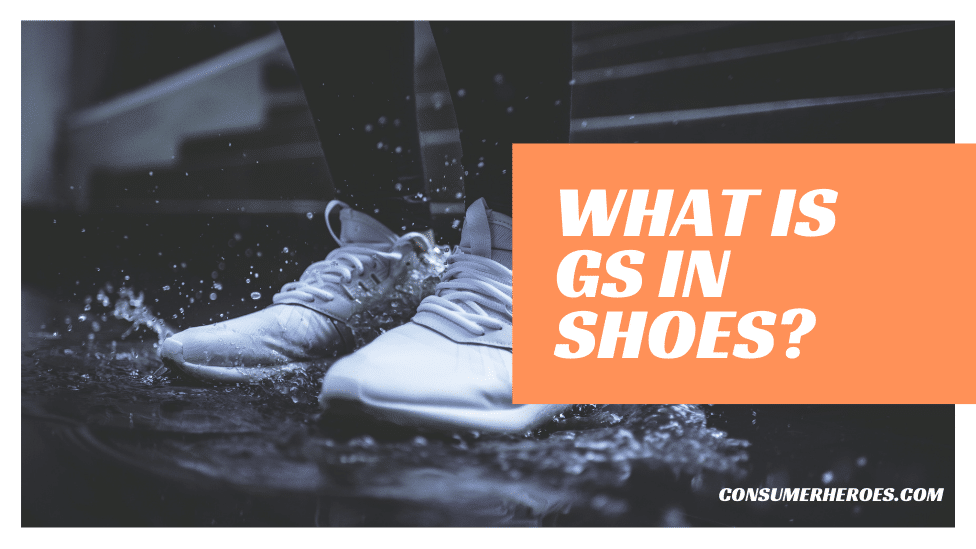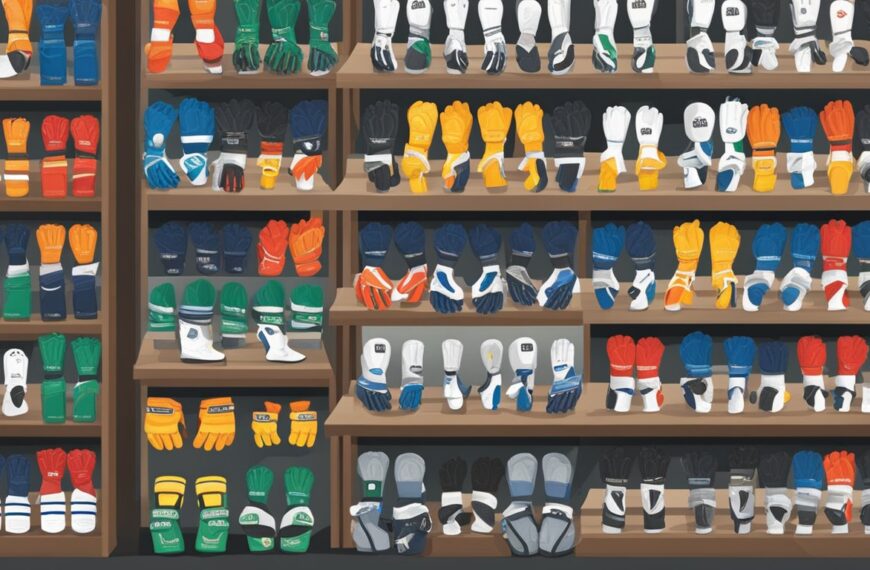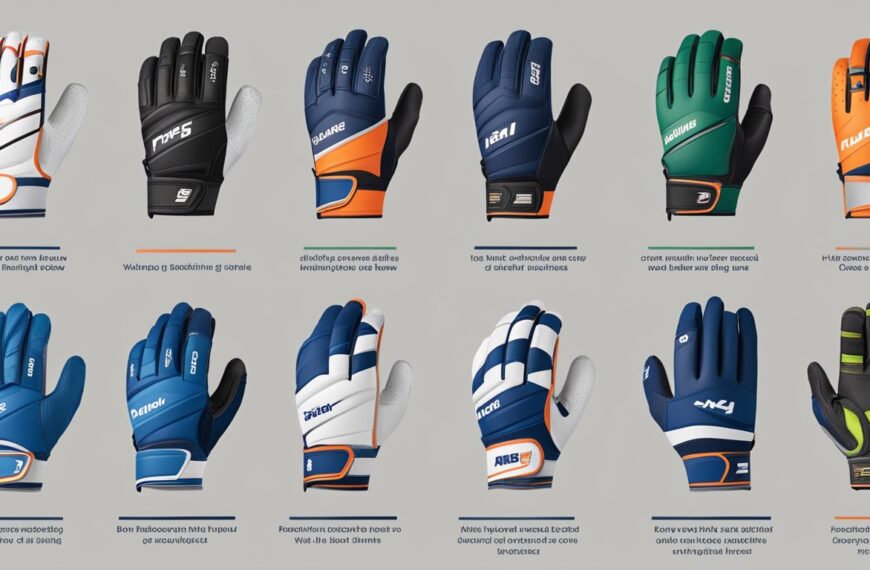Shoes are an essential part of our everyday life. They protect our feet and provide comfort while walking or running. However, sometimes shoes can make an annoying squeaking noise while we are walking. This can be frustrating, especially when it happens in public places. In this article, we will explore the reasons why shoes squeak and what can be done to prevent it.
One of the most common reasons why shoes squeak is due to moisture. When shoes get wet, the moisture can get trapped between the sole and the insole, causing them to rub against each other. This creates a squeaking noise when walking. Another reason could be the type of flooring. Certain types of flooring, such as polished surfaces, can cause shoes to squeak due to the lack of traction. This can be especially problematic for dress shoes with leather soles.
In addition, the type of shoe material can also contribute to squeaking. Shoes made of synthetic materials tend to be more prone to squeaking compared to those made of leather or natural materials. The way the shoe is constructed can also play a role. Poorly constructed shoes or those with loose parts can cause squeaking. Understanding the causes of shoe squeaking can help prevent it and ensure a more comfortable walking experience.
Understanding Shoe Squeaking
Shoe squeaking can be an annoying problem that affects many people. Understanding the causes of shoe squeaking and the types of shoes that are more prone to this issue can help you prevent it from happening. In this section, we will explore the reasons behind shoe squeaking and what you can do to avoid it.
Causes of Shoe Squeaking
There are several reasons why shoes can make a squeaking noise when you walk. Some of the most common causes include:
- Moisture: When shoes get wet, they can start to squeak. This is because the moisture creates friction between the sole and the insole, causing a squeaking sound.
- Loose parts: If the sole or the heel of the shoe is loose, it can create a squeaking noise when you walk.
- Material: Some materials, such as rubber or plastic, are more prone to squeaking than others. If your shoes are made of these materials, they may be more likely to make noise when you walk.
- Lack of lubrication: Shoes need to be lubricated to reduce friction and prevent squeaking. If your shoes are not properly lubricated, they may start to make noise.
Types of Shoes and Their Squeaking Tendencies
Not all shoes are created equal when it comes to squeaking. Some types of shoes are more prone to this issue than others. Here are a few examples:
- Athletic shoes: Athletic shoes are often made of materials that are prone to squeaking, such as rubber or plastic. Additionally, the design of athletic shoes often includes air pockets or other features that can create noise when you walk.
- Leather shoes: Leather shoes are less likely to squeak than athletic shoes because they are made of a different material. However, leather shoes can still squeak if they get wet or if the sole is loose.
- High heels: High heels are more likely to squeak than other types of shoes because they often have a hard sole and a narrow heel. This combination can create a squeaking noise when you walk.
By understanding the causes of shoe squeaking and the types of shoes that are more prone to this issue, you can take steps to prevent it from happening. Whether it’s keeping your shoes dry, lubricating them regularly, or choosing a different type of shoe, there are many ways to reduce or eliminate shoe squeaking.
How to Identify the Source of Squeaking
Identifying the source of squeaking can be a challenging task, but it is an essential step in fixing the problem. Here are some tips on how to identify the source of the squeaking:
- Check the Insole: Start by removing the insole of the shoe and inspecting it for any signs of wear and tear. If the insole is worn out or damaged, it can cause the shoe to squeak.
- Check the Outsole: Next, check the outsole of the shoe for any signs of wear and tear. If there are any cracks or damages, it can cause the shoe to squeak.
- Check the Tongue: The tongue of the shoe can also cause squeaking if it is rubbing against the laces or the sides of the shoe. Check to see if the tongue is positioned correctly and if it is rubbing against anything.
- Check the Laces: The laces can also cause squeaking if they are rubbing against the sides of the shoe. Check to see if the laces are tied correctly and if they are rubbing against anything.
- Check the Heel: Finally, check the heel of the shoe for any signs of wear and tear. If the heel is worn out or damaged, it can cause the shoe to squeak.
By following these tips, you can identify the source of the squeaking and take the necessary steps to fix the problem.
Prevention and Maintenance
Proper Shoe Care
To prevent shoes from squeaking, proper care is essential. Regular cleaning and maintenance can help prolong the life of the shoes and prevent them from making noise. Here are some tips for proper shoe care:
- Clean shoes regularly with a soft cloth or brush.
- Use a mild soap or cleaner to remove dirt and stains.
- Avoid using harsh chemicals or abrasive materials that can damage the shoes.
- Allow shoes to dry completely before wearing them again.
- Store shoes in a dry, cool place to prevent mold and mildew growth.
Choosing the Right Shoes
Choosing the right shoes can also help prevent squeaking. Here are some tips for selecting shoes that are less likely to make noise:
- Look for shoes that are made of high-quality materials, such as leather or suede.
- Choose shoes with rubber soles, which can absorb shock and reduce noise.
- Avoid shoes with plastic or hard soles, as they can be noisy.
- Make sure shoes fit properly and are not too tight or too loose.
By following these tips for proper shoe care and choosing the right shoes, it is possible to prevent shoes from squeaking and prolong their lifespan.
Solutions and Fixes
DIY Solutions
There are several DIY solutions to fix squeaky shoes. Here are some of the most effective ones:
- Talcum Powder: Sprinkle talcum powder or baby powder inside the shoes. This will reduce friction between the insole and the outsole, which is often the cause of squeaking.
- Petroleum Jelly: Apply a small amount of petroleum jelly to the bottom of the shoes. This will lubricate the area and reduce friction.
- Rubbing Alcohol: Dampen a cotton ball with rubbing alcohol and rub it on the bottom of the shoes. This will dry out any moisture that may be causing the squeaking.
Professional Help
If the DIY solutions do not work, it may be time to seek professional help. Here are some options:
- Shoe Repair Shop: Take the shoes to a shoe repair shop. A professional can diagnose the issue and fix it properly.
- Shoe Inserts: Purchase shoe inserts designed to reduce friction and absorb shock. These can be found at most shoe stores or online.
- New Shoes: If all else fails, it may be time to invest in a new pair of shoes. Sometimes, the issue is simply due to wear and tear, and a new pair of shoes is the best solution.
Remember, it is important to address squeaky shoes as soon as possible. Not only is it annoying, but it can also be a sign of a more serious issue with the shoes. By trying these solutions, you can fix the problem and extend the life of your shoes.
Conclusion
In conclusion, shoe squeaking can be caused by a variety of factors. The most common causes are moisture, worn-out soles, poorly fitting shoes, and manufacturing defects.
To prevent shoe squeaking, it is important to keep shoes dry and clean, replace worn-out soles, and ensure proper fit. One can also try using talcum powder or silicone lubricant to reduce friction between the shoe and the foot.
If shoe squeaking persists despite these measures, it may be due to a manufacturing defect. In such cases, it is advisable to contact the manufacturer for a replacement or refund.
Overall, understanding the causes of shoe squeaking can help individuals take preventative measures and prolong the life of their shoes.







